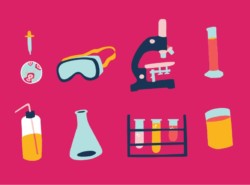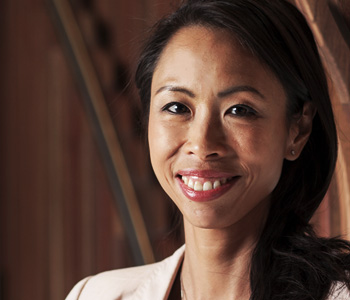
Developing Kadcyla as a novel therapy for a subset of triple negative breast cancer patients
Published: 10/9/19 1:48 AM

Sherene Loi
Cancers that are low in the human epidermal growth factor receptor 2 (HER2), and also lack receptors to the hormones estrogen and progesterone, are called triple negative breast cancers. They generally have poor prognosis, are unresponsive to current treatments and have a high propensity to affect younger women.
Cancers that do express HER2 can be treated with potent anti-cancer drugs called ‘antibody conjugates’ that are effective against tumours while also reducing side effects for the patient.
Kadcyla (also called Trastuzumab Emtansine or T-DM1) is a one such antibody conjugate for women who have HER2 overexpression on their breast cancers. It’s available in Australia and approved for use in the public health system.
Associate Professor Loi’s preliminary studies have shown that triple negative breast cancers that express low levels of HER2 can also respond to Kadcyla, raising the possibility that this existing therapy may be also work for these patients.
If her investigation shows the potential for Kadcyla to be a successful treatment for tumours with low HER2 expression, it could be a new application for the treatment which would have a huge impact on the outcome for the many women with advanced triple negative breast cancers and low HER2.